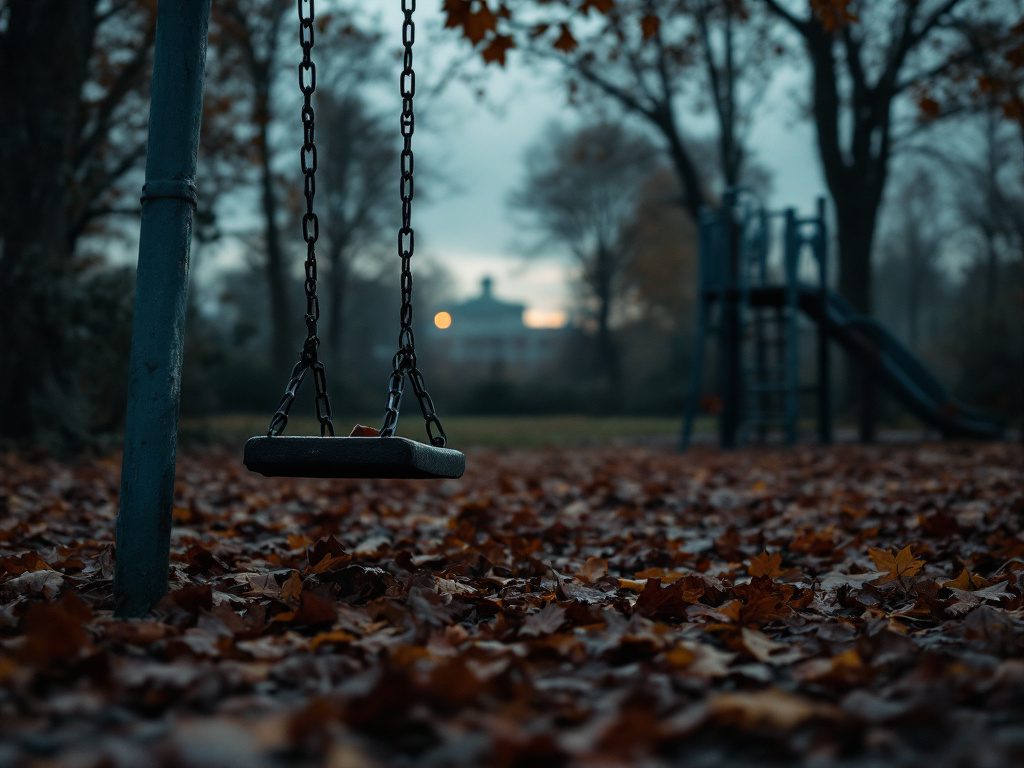When Protectable Lives Become Political Casualties
Some grim statistics break through public fatigue so starkly that they force us to confront what’s at stake—216 American children gone in a single flu season, the largest number lost since the 2009 H1N1 pandemic. The Centers for Disease Control and Prevention (CDC) released this jaw-dropping tally as summer began, sounding alarms not just about flu severity but about a deeper, man-made crisis: a steep, preventable drop in childhood vaccinations.
A closer look reveals that the nation’s pediatric flu vaccination rate has plunged from 64% five years ago to a mere 49% in the current season. Even if you’re skeptical about vaccine efficacy, the evidence is overwhelming: flu shots dramatically reduce severe outcomes and deaths. As Dr. Sean O’Leary from the American Academy of Pediatrics remarked, these tragic figures are “almost certainly an undercount,” with the final tally expected to rise when the CDC closes its books this autumn.
Beyond raw numbers, the stories cut deep. Many of the 216 children lost this year were healthy—almost half of all hospitalized children had no underlying conditions. Unlike adults, where about 95% of severe flu cases involved preexisting health concerns, just 53% of affected kids fit that profile. These aren’t just statistics. They’re the sons and daughters playing soccer, learning to ride bikes, or simply drawing pictures to hang on the fridge—each one a loss punctuated by the knowledge that a safe, decades-old vaccine could have saved lives.
Why Are Parents Turning Away from the Needle?
Decoding this collapse in trust involves following threads from political grandstanding to digital disinformation. Vaccine skepticism was supercharged during the COVID-19 pandemic, as right-wing commentators and some conservative lawmakers capitalized on public fear, amplifying doubts about vaccine safety—sometimes with outright misinformation. According to a 2023 Pew Research study, roughly 44% of Republicans said vaccines should not be required for children to attend public school—up from 20% in 2019.
Political resistance isn’t the only driver. Social media’s ever-churning rumor mill has blurred the lines between reasonable parental caution and outright paranoia. The consequences are unmistakable: in the very same years that flu shot uptake for children has plummeted, the annual death toll has climbed. Dr. Nadine Burke Harris, former Surgeon General of California, warned recently, “Every time public health is politicized, lives hang in the balance—and often those lives belong to our most vulnerable.”
“We’re watching preventable deaths stack up as faith in longstanding, safe immunizations is steadily eroded. This isn’t just a failure of communication—it’s a dereliction of our collective duties to children.”
— Dr. Nadine Burke Harris
Conservative pundits often minimize the risk, framing public health outreach as governmental overreach. But the numbers do not lie. The CDC estimates at least 47 million Americans fell ill with the flu this past season, resulting in over 610,000 hospitalizations and 26,000 deaths. The youngest Americans, unable to vote or choose, are the ones paying the ultimate price for partisan battles over vaccines.
Can We Reclaim Ground Lost to Misinformation?
Effective public health hinges on trust and shared responsibility. After decades of building up near-universal vaccine coverage—an achievement credited with saving millions of lives and averting untold suffering—the US now finds itself rolling back hard-won gains. The American Academy of Pediatrics and a coalition of infectious disease experts are urging policy changes, including resuming school vaccine mandates and launching targeted information campaigns to counteract social media falsehoods. According to Harvard epidemiologist Dr. Julia Marcus, “trust is the linchpin for any successful vaccination program. Without it, we’re left defenseless to diseases we already know how to prevent.”
What will it take to reverse this dangerous slide? Consider the lessons learned from the past: The H1N1 pandemic in 2009 prompted record vaccination drives, saving thousands of children. By the mid-2010s, the US was approaching near-70% coverage for pediatric influenza shots, and annual child flu deaths dropped accordingly. Restoring these numbers is not simply a technical challenge—it’s a test of our will to place science and shared values above political squabbling.
Voices from within affected communities bring the case into sharp focus. Philadelphia mother Karen Rosario, who lost her seven-year-old son to flu in March, told CNN, “I wish people would really listen to the experts. My child was healthy—alive one day, gone the next. If my story persuades one person to get their kid vaccinated, maybe it saves a life.” Her wrenching loss highlights how public health decisions are never abstract debates—they are intensely personal, with consequences that ripple across generations.
Ultimately, the solution isn’t found solely in clinics and pharmacies but in a renewed social contract—one where Democrats, independents, and Republicans alike recommit to protecting every child by embracing evidence-based medicine. The alternative is fatal complacency. Dr. Sean O’Leary sums it up best: “We can do better. These are lives we know how to save.”

